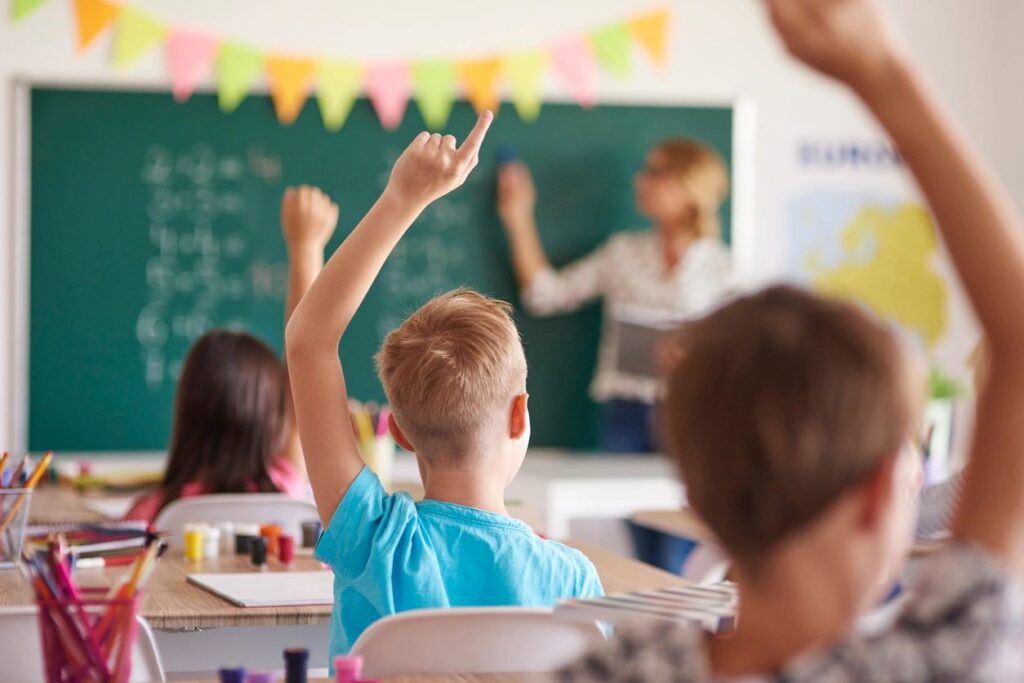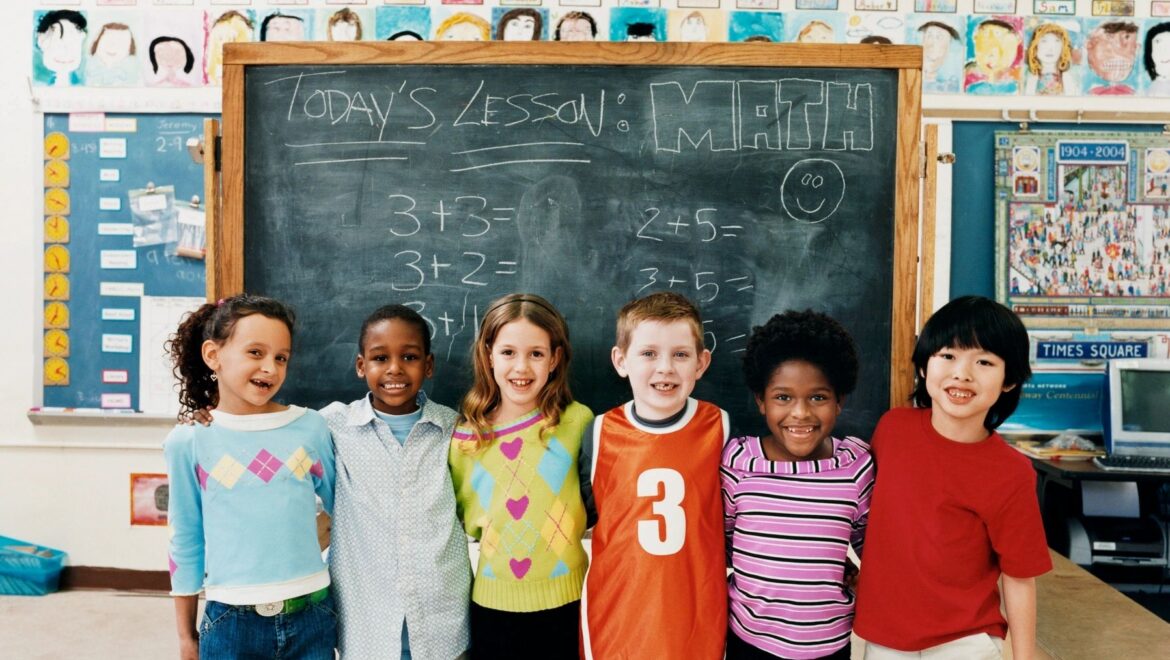Moving to school is a big change for young children. It’s exciting and daunting all at the same time. It can be a tricky time for children with Speech, Language or Communication Needs and therefore I have put together a list of some tips that may make the transition as smooth as possible.
What’s your name?
Making new friends is important when you go to school. One of the most asked questions is ‘what’s your name?’ Children naturally rely on receptive language skills and expressive language skills to be able to answer this. It is a great skill to practice at home and make sure they are confident in answering. If they can do this, practice basic conversational starters, like ‘do you like Toy Story?’, etc.
Taking turns
Practice taking turns with them in a structured way. Start by, simply rolling a ball between you both or building a tower, only using simple language like, “my turn,” “your turn” and encourage them to wait until their turn. A vital skill at school.
Asking for help
Such an important and functional skill especially in a new environment. If your child has difficulty asking for help, then set up situations to increase opportunity to ask for it. For example, don’t always anticipate their needs. Leave motivating toys in places they need help to get. Give them a broken bubble pot etc This increases opportunity to ask for help and as result they are more likely to ask for it.

‘School’ vocabulary
Children will come across new words that they may not have heard before. For example ‘register’ ‘assembly’ ‘maths’ etc. You could do some ‘school’ role play or make time to discuss new words when looking at books etc.
Time concepts and positional concepts
- Today/tomorrow/later/this afternoon
- On/in between/ in front of
These concepts are used LOADS across the school day. Spend some time focusing on these concepts and practice the words that your child may find tricky
Prepare visually if necessary
A recent strategy that I advised, is to visually prepare for the countdown to school. Firstly, it may help any way, in the summer holidays when there is less routine. So, on each day, draw or stick a picture on the day to represent their activity where possible to give them some idea of the week ahead. When school starts have a picture of their school or their uniform so they can see when that starts. You can cross out each day with a marker as each day is finished. This not only supports preparing for school start but also can help develop time concepts and days of the week etc. Use this strategy as much or as little as you think it will work for your child. This works for some children but for others it can be more anxiety provoking as it is a bigger lead up. It can actually be used for any big change in their routine. It is also a great support to those children that need more structure and routine.
Emotions
The ability to understand different emotions is important, as they may start to feel happy, tired, scared, sad. The simplest way to start is through commenting on when they feel certain emotions. So, if they are crying, say ‘you are sad’. If they are happy and laughing, comment by saying you are ‘happy’. Flashcards can help in this area but I strongly suggest you do this in real life as well as picture form. It helps to label their emotions so they understand when they display a certain feeling. This way they are more likely to appropriately answer ‘how are you feeling?’
Prepare for new
They will possibly have a new journey to school, a new set of clothes (their uniform), new teachers and new friends. Some of which you can’t prepare for, but some of which you can. It is good to buy their uniform with them and explain it’s what they will wear at school. Take them with you to the school and practice the journey together. This takes away another new element.
Discuss Similarities not just differences
It’s important to highlight similar things at school not just the changes. This will offer familiarity to them and hopefully make the process less daunting. Some examples are ‘we walk to school like we walked to nursery’. Name some friends at school that they might also have known.

